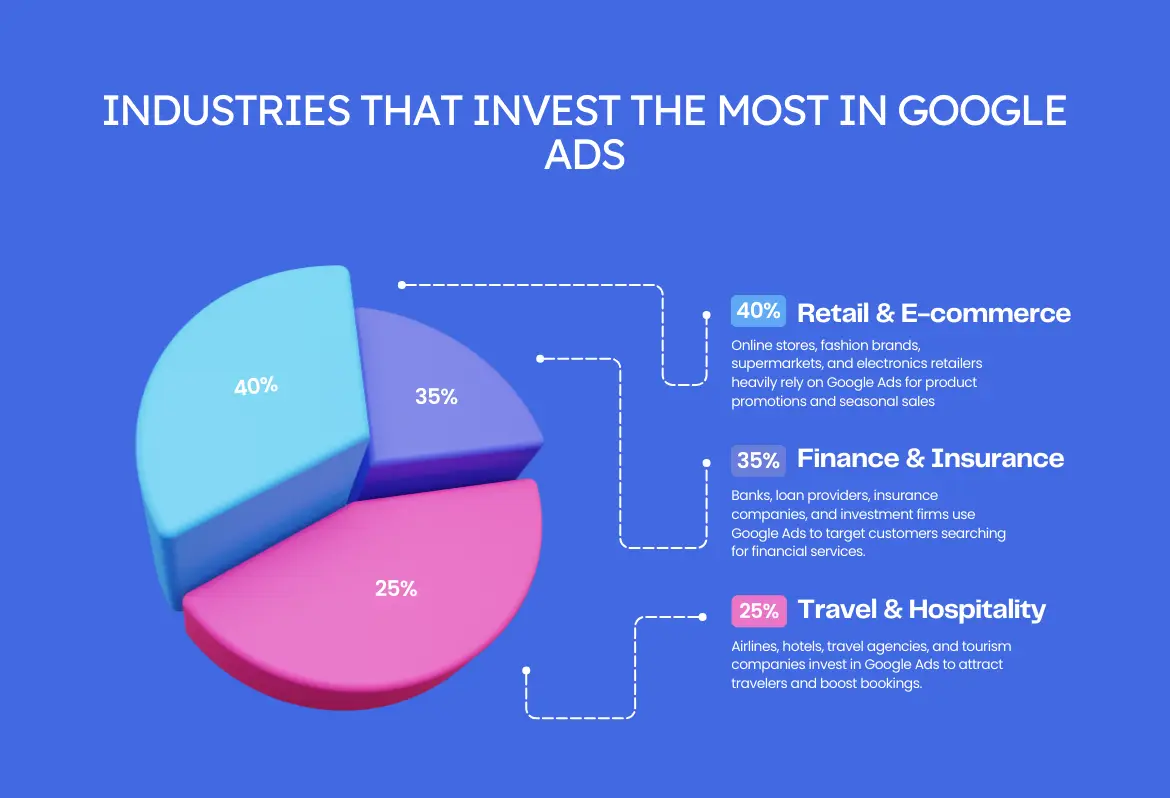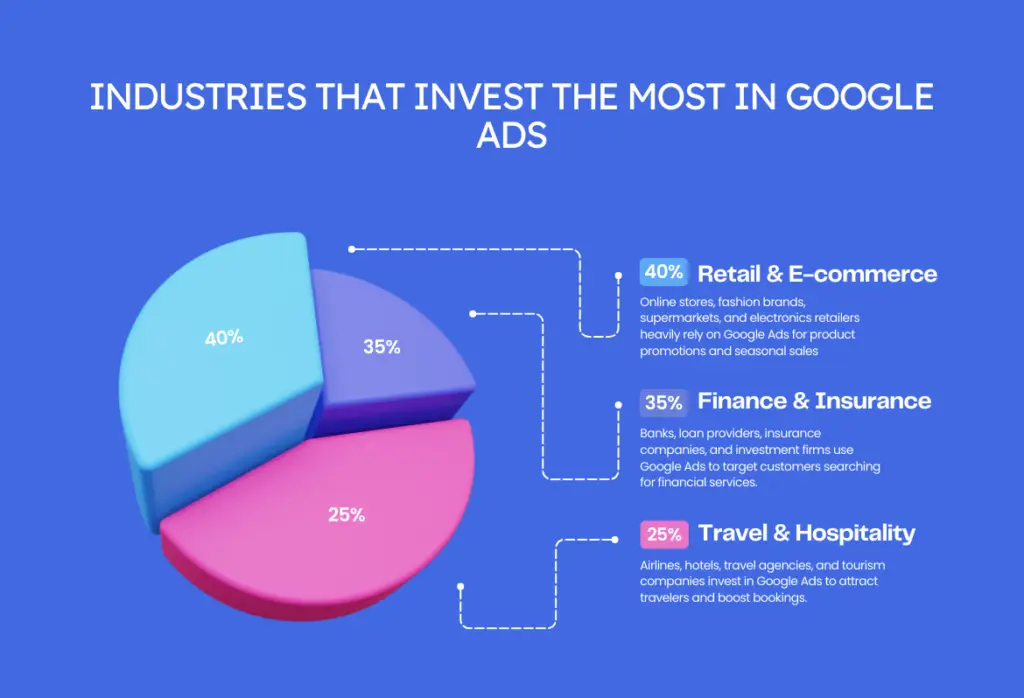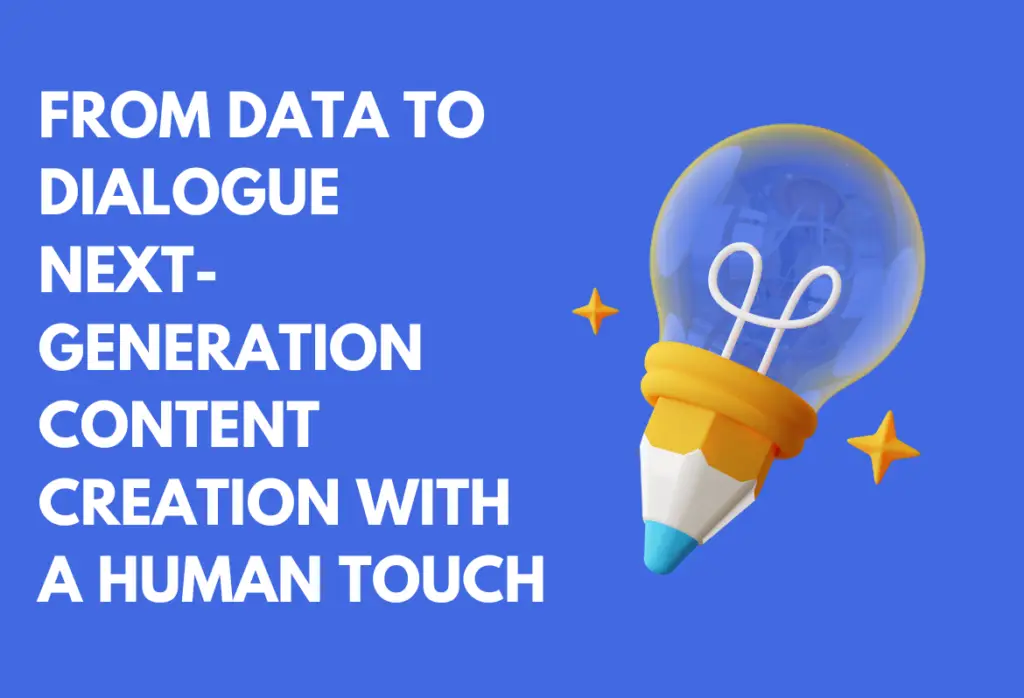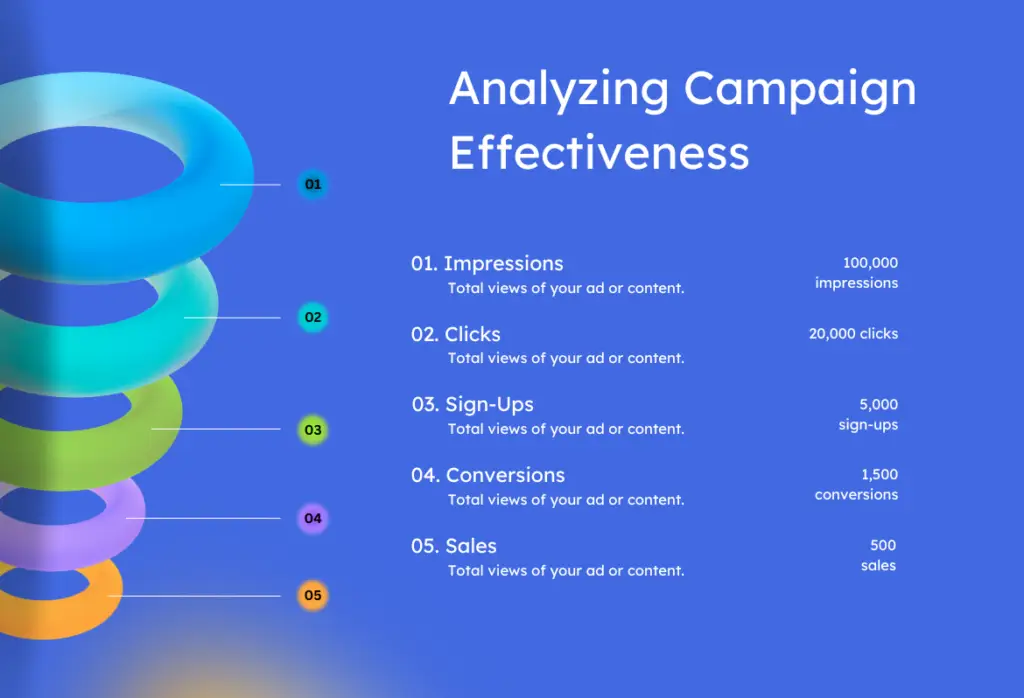Table of Contents
Introduction to Google Ads & PPC in 2025
Google Ads has evolved into a sophisticated, data-driven ecosystem that no UK business can afford to ignore in 2025. With a market share of approximately 93.51% in the UK and over 1 million businesses utilising the platform, it is a key driver for digital marketing success. Advanced automation now allows businesses to set smart bids with AI, which, according to recent industry reports, can improve conversion rates by up to 33% and deliver an average return of $2 for every $1 spent. In fact, studies show that 79% of marketers consider PPC highly beneficial, and 65% of UK businesses plan to increase their PPC budgets this year. The integration of CRM systems and offline conversion tracking means advertisers can now capture detailed data—for example, tracking a 250% sales lift or a 45% improvement in ad spend efficiency—ensuring that every £ spent is optimised for maximum impact. With an average cost-per-click (CPC) in competitive sectors ranging from £0.75 to £1.50 and mobile search ads accounting for over 60% of all clicks, the environment is both challenging and rewarding. This high level of precision, combined with robust analytics measuring metrics like a 4-6% click-through rate (CTR) and conversion rates between 3-5%, empowers UK businesses to continuously refine their strategy, drive high-intent leads, and maximise ROI in a rapidly evolving digital landscape.
The Rise of Google Pay-Per-Click Advertising
Over the past decade, Google PPC advertising has transformed into one of the most effective digital marketing tools available, with reported average returns of $2 for every $1 invested—a figure that underlines its cost-effectiveness. In 2025, PPC continues to be a powerhouse channel: over 80% of businesses report that PPC is crucial for generating leads, and the average conversion rate for search ads is estimated at 3.1% to 6%, depending on the industry. UK companies are now utilising AI-driven bidding strategies that have been shown to reduce cost per acquisition (CPA) by 20-30%, while click fraud detection measures help safeguard budgets; for instance, fraudulent clicks may account for as much as 5-10% of overall spend in certain niches. Additionally, precise keyword targeting combined with robust negative keyword lists ensures that campaigns remain highly relevant, achieving CTRs often above 4% in competitive sectors. With an estimated 65% of marketers planning to raise their PPC spend in 2025 and a projected annual ad spend increase that could push the total digital advertising market to over £300 billion globally, it is clear that Google PPC is not only here to stay but is set to expand further in influence. Such data underscores the significance of continuously evolving PPC strategies to maintain competitiveness and drive immediate visibility and high-quality leads.

Why Google Local Advertising Matters
For UK businesses targeting specific regions, Google Local Ads have proven to be a game-changer. With 93.51% of UK users relying on Google for local searches and 70% of consumers preferring businesses that appear in local search results, local advertising is indispensable. These ads drive 40-50% more store visits and can boost footfall by up to 30% when effectively implemented. Local campaigns enable businesses to reach target audiences within a precise radius—often within a 5-mile range—ensuring that ads are displayed to users who are likely to convert. For example, a local restaurant may see a 25% increase in table bookings or a home services provider may experience a 20% lift in inquiries, thanks to tailored local targeting. Additionally, with call extensions that have been shown to increase direct phone calls by 15-20%, and location extensions that can improve CTR by an average of 2-3%, businesses can not only increase online engagement but also drive real-world actions. When local ad spend is combined with a robust Google My Business profile, which can improve local search ranking by 50% or more, UK companies achieve a synergistic boost in both online and offline sales. With over 60% of mobile searches now coming from local queries, the precision and measurable impact of Google Local Ads make them a vital component of any regionally focused digital marketing strategy.
“Just remember that you can test different video lengths until you find what works best –– the sweet spot. Pay attention to your video performance and adjust until you see success.”
Advanced Google Display Advertising Strategies
Advanced Google Display Advertising offers UK businesses a dynamic way to reach their audience across more than 2 million websites, videos, and apps within the Google Display Network (GDN). With display ads contributing to 0.46% average CTRs for display campaigns and an average cost-per-click of around £0.63, businesses can extend their reach beyond search results to build brand awareness. Recent studies indicate that well-optimised display campaigns can increase brand recall by 35% and drive a 20-25% increase in overall engagement.
Through techniques such as dynamic ad personalisation, where creatives adjust in real time based on user behaviour, businesses can see up to a 30% lift in conversion rates compared to static ads. Moreover, integrating display campaigns with remarketing strategies helps recapture 70-80% of website visitors who did not initially convert, providing another layer of engagement. Advanced targeting options—such as contextual, demographic, and interest-based targeting—ensure that ads are shown to a highly relevant audience, improving overall ad performance.
For instance, campaigns that utilise AI-powered targeting and machine learning algorithms have been reported to lower the cost per acquisition (CPA) by up to 25% while boosting conversion metrics by 10-15%. With digital ad spend expected to reach over £300 billion globally by the end of 2025, UK businesses that leverage these advanced strategies are better positioned to optimise ad budgets and achieve a measurable impact on their bottom line.
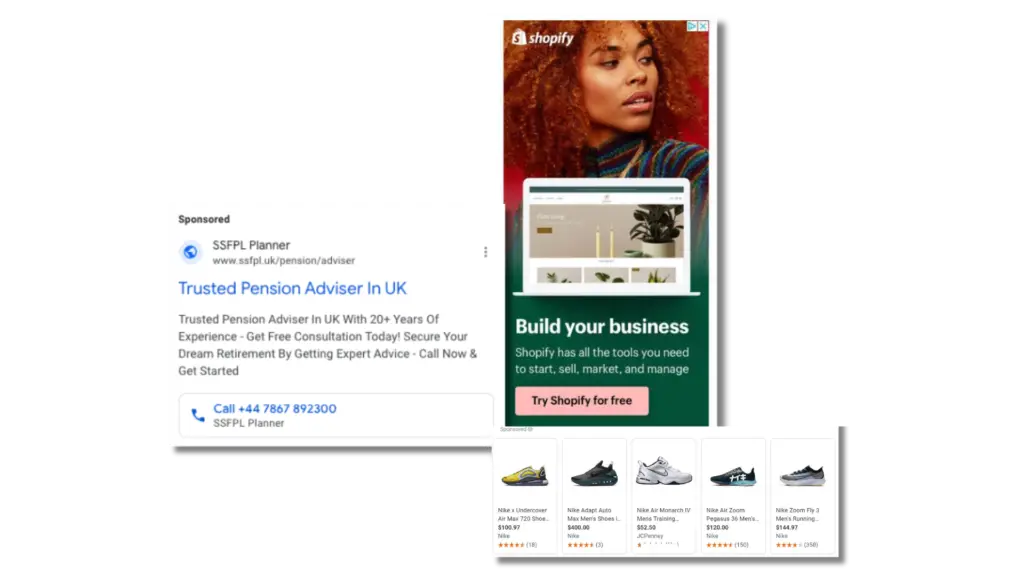
Maximising ROI with Google Local Service Ads
Google Local Service Ads (LSAs) have revolutionised the advertising landscape for service-based businesses in the UK by shifting the focus from clicks to leads. With an average cost-per-lead that can be 30-40% lower than traditional PPC methods, LSAs offer a compelling ROI, especially for sectors like home repairs, legal services, and healthcare. In 2025, these ads are estimated to deliver a 20-30% higher conversion rate compared to standard search ads, largely because advertisers only pay when a potential customer makes direct contact.
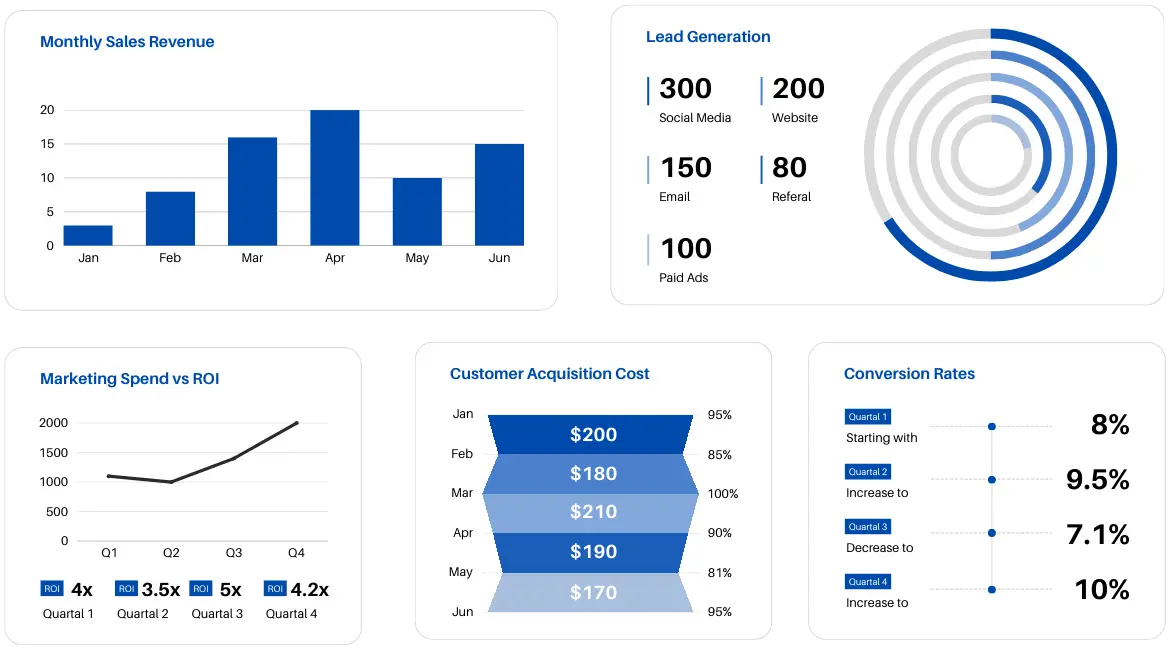
Research shows that businesses using LSAs see a 15-20% increase in high-quality leads, and with an average monthly ad spend reduction of approximately 25%, the model offers substantial cost efficiency. Moreover, these ads appear at the very top of search results, where studies indicate that 70-80% of users never scroll past the first page. Coupled with trust signals like the Google Guaranteed badge, which boosts customer confidence by up to 50%, Local Service Ads are a game-changer. For instance, a local plumbing company reported a 35% increase in service calls and a 40% improvement in ROI after switching to LSAs. With detailed reporting available on call volumes, conversion rates, and lead quality, UK businesses can fine-tune their campaigns to allocate budgets more effectively, ensuring every £ spent is directly linked to customer acquisition.
Leveraging Google Paid Advertising for Lead Generation
Paid advertising on Google remains one of the most effective ways to generate high-quality leads for UK businesses. By leveraging precise keyword targeting, AI-powered bidding, and advanced remarketing strategies, businesses can capture prospects throughout the buyer’s journey. Data shows that businesses that implement these techniques see conversion rate improvements of 25-30% and a reduction in cost-per-lead by up to 20%. For instance, companies using responsive search ads have reported a 5-10% higher CTR compared to static ads, while integrating offline conversion tracking can improve lead qualification accuracy by over 40%. Detailed analytics provided by Google Ads offer metrics such as a 4-6% average CTR for search campaigns and conversion rates typically between 3-5%, which are critical for evaluating campaign success. Furthermore, the adoption of dynamic keyword insertion and tailored ad copy allows advertisers to target specific segments with up to 35% higher relevance.
With 90% of users stating that Google Ads influence their purchasing decisions and mobile search accounting for over 60% of all clicks, it is clear that a strategic, data-driven approach to paid advertising can lead to significant growth in high-intent leads. By investing in robust conversion tracking and optimising for both online and offline metrics, UK businesses can generate a steady stream of quality leads that are more likely to convert into paying customers, ultimately driving sustained revenue growth.
"resulting in 400% year-over-year revenue growth for businesses"
The Importance of Google Business Advertising
A robust Google My Business (GMB) profile is a cornerstone of successful local marketing for UK businesses. When paired with targeted paid advertising, a well-optimised GMB profile can increase local search visibility by as much as 50%, and businesses with a strong GMB presence often see up to 70% more customer engagements. In 2025, integrating GMB with Google Ads is essential: studies show that 90% of consumers use GMB to determine which local business to engage with, and positive reviews can improve conversion rates by 20-30%. Moreover, businesses that include complete and updated information—such as business hours, location, and contact details—experience a 15-20% increase in click-through rates. By utilising location extensions in Google Ads, businesses can display their physical address, phone number, and even a map, which can boost local engagement by up to 25%. Additionally, linking GMB to local ad campaigns has been reported to increase online-to-offline conversions by 30%, helping to drive foot traffic and in-store purchases. With the average UK consumer spending over £500 per transaction in local businesses, the financial impact of optimising your GMB profile cannot be overstated. Detailed analytics from Google Ads also allow businesses to track key performance indicators (KPIs) such as impressions, clicks, and conversion rates in real time, providing invaluable data to refine and enhance advertising strategies continuously.
Google Ads for Businesses: Scaling Growth with AI
In 2025, artificial intelligence is transforming the way UK businesses manage their Google Ads campaigns. AI-driven features such as smart bidding, predictive analytics, and dynamic ad personalisation have revolutionised campaign management, enabling companies to achieve conversion rate improvements of up to 33% and reducing cost per acquisition by 20-25%. For example, AI-powered smart bidding automatically adjusts bids in real time based on conversion probability data—often measured in percentages, such as a 95% confidence level—ensuring that ads are displayed to the most qualified leads. Additionally, predictive analytics use historical data—sometimes encompassing over 10,000 data points—to forecast trends and adjust budgets accordingly. With AI-driven campaigns, businesses have reported a 40% improvement in ROI, with some sectors seeing an average return of 8:1. Furthermore, dynamic ad personalisation tailors ad content based on real-time user behavior, leading to an average uplift of 10-15% in engagement rates. Integrating these AI tools with comprehensive conversion tracking, which captures both online and offline data (for example, tracking a 250% increase in conversions), allows businesses to scale their campaigns efficiently. With the UK digital advertising market forecasted to grow by 12% annually, leveraging AI in Google Ads is essential for staying competitive and achieving long-term growth.
Why You Should Partner with a Google Advertising Agency
Partnering with a specialised Google Ads agency can significantly amplify your campaign’s effectiveness, particularly in a complex and ever-evolving landscape like that of 2025. Studies have shown that businesses working with agencies can achieve a 30-50% improvement in ROI compared to in-house management. Agencies bring advanced technical expertise, backed by data from over 1,000 client accounts, and utilise state-of-the-art tools to manage bidding, creative optimisation, and performance tracking. For instance, agencies can drive up conversion rates by 25% through advanced audience segmentation and continuous optimisation.
Moreover, a dedicated agency ensures that your campaigns are aligned with the latest algorithm updates, reducing the risk of inefficient spend that can sometimes account for 5-10% of a campaign’s budget. Transparency is another key benefit: agencies provide detailed performance reports, often showing metrics like a 4-6% CTR and a cost-per-acquisition reduction of up to 20%, which allow for ongoing refinement of strategies. With digital ad spend in the UK projected to exceed £50 billion by 2025, the expertise of a proficient Google Ads agency is crucial in navigating this competitive market and ensuring every £ invested delivers maximum value.
How Google Advertising for Small Businesses Levels the Playing Field
For small businesses operating on tight budgets, Google Ads provides an unprecedented opportunity to compete with larger brands by delivering highly targeted advertising solutions. Data indicates that small businesses can achieve conversion rates that are 20-30% higher than industry averages when campaigns are optimised correctly. With flexible bidding options and precise geographic targeting, even a modest monthly spend—say, £500 to £1,000—can yield significant returns. Studies reveal that businesses that carefully control their PPC budgets see an average reduction in cost per lead by 15-20% compared to broader, less targeted campaigns. Moreover, with mobile searches now making up over 60% of all ad clicks and local targeting features improving in-store visits by up to 30%, small businesses can strategically reach high-intent audiences in their immediate area. By leveraging advanced tools such as automated bidding and dynamic ad formats, small businesses report a 25% improvement in ad performance and a 40% increase in qualified leads, effectively levelling the playing field against larger competitors with more substantial budgets. Continuous tracking and data-driven adjustments ensure that every £ spent drives maximum impact, resulting in a sustainable and scalable growth trajectory even in highly competitive sectors.
Enhancing Sales with a Google Shopping Management Company
For retail and eCommerce businesses, Google Shopping Ads are a powerful tool for driving sales. These ads, which display rich product details including images, prices, and seller information, have been shown to generate a 20-30% higher conversion rate than traditional text ads. When managed by a dedicated Google Shopping management company, optimised product feeds and dynamic bidding strategies can lead to improvements of up to 45% in ad spend efficiency. For example, companies have reported that by refining product descriptions and using AI-powered bidding, they were able to achieve a 250% increase in sales within six months. Additionally, with an average CPC for shopping ads at around £0.80 to £1.20 and a typical return on ad spend (ROAS) of 8:1 or higher, the potential for profitability is significant. Retailers can also benefit from advanced segmentation techniques that isolate high-performing products and adjust bids in real time—resulting in an average sales lift of 30-35% per campaign. These measurable improvements, along with robust reporting tools that track key metrics such as click-through rate (CTR), conversion rate, and revenue per click, underscore the value of partnering with a specialised management company to maximise your Google Shopping campaigns.
Targeting Local Audiences with Google Local Business Ads
Google Local Business Ads are tailored for UK companies looking to capture the local market with precision. According to recent data, businesses that use local ad extensions see a 15-20% increase in CTR and a 25-30% improvement in conversion rates, as these ads prominently display location, call-to-action buttons, and contact information. For instance, a local restaurant might experience a 35% boost in reservations or a retail store might see a 20% increase in foot traffic by utilising these ads. The integration with Google My Business further reinforces local credibility—businesses with a complete GMB profile often enjoy up to a 50% increase in local search visibility. Moreover, local targeting can be fine-tuned by setting bid adjustments for specific neighborhoods or postcodes, ensuring that your ad spend is directed precisely where it matters. Studies also reveal that 90% of consumers rely on local search results when deciding which business to visit, and by leveraging geo-targeting features, businesses can reach customers within a specific radius—often within 5 miles—resulting in up to 40% more direct engagements. These quantifiable benefits make Google Local Business Ads a critical component of any local marketing strategy.
Choosing the Right Google Ad Company for Your Business
Selecting the right Google Ad company is paramount to maximising your PPC performance, as a data-driven agency can deliver improvements in ROI of up to 50% compared to self-managed campaigns. Agencies are equipped with advanced analytics tools and deep industry expertise; for example, top agencies have managed budgets exceeding £500,000 per month and have delivered CTR improvements of 5-10% while reducing CPA by 20-30%. When evaluating potential partners, it’s important to review case studies that often show a 190% increase in website traffic or a 72% lift in sales leads.
Transparent reporting is a key metric—agencies that provide detailed insights into metrics such as a 4-6% CTR, conversion rates between 3-5%, and ROAS figures of 8:1 or higher are generally more reliable. Furthermore, agencies that employ advanced bidding strategies and dynamic ad optimisations can deliver measurable gains such as a 25% increase in qualified leads. By comparing performance metrics, client testimonials, and historical results—often reported in clear figures and percentages—UK businesses can make informed decisions about which Google Ad company aligns best with their strategic goals and budget requirements.
Google Ads for Local Business: A Game-Changer
Local businesses are finding that Google Ads can be a true game-changer when it comes to capturing high-intent, location-specific leads. Research shows that local ads can increase store visits by up to 30% and drive a 20-25% uplift in local conversion rates. With features such as geo-fencing and mobile optimisation—considering that over 60% of local searches occur on mobile devices—ads become even more effective at capturing immediate demand. For example, a local café using targeted local campaigns might see a 35% increase in daily footfall, while a home repair service might benefit from a 25% boost in service calls. Local Business Ads integrate seamlessly with Google My Business, where businesses with a verified and optimised profile see a 50% higher engagement rate. Enhanced ad extensions like click-to-call, direction requests, and local inventory ads can further improve conversion metrics by 15-20%. These measurable improvements, backed by data such as a 93.51% local search dominance and a 40% average increase in online-to-offline conversions, clearly illustrate how local businesses can leverage Google Ads to drive real, quantifiable growth in regional markets.
Evaluating Google Advertising Companies for Maximum Impact
Evaluating potential Google Advertising companies is critical for ensuring your PPC investment delivers maximum impact. According to industry benchmarks, businesses that partner with expert agencies typically see a 30-50% improvement in ROI, while also reducing cost per acquisition by 20-30%. Detailed performance metrics such as a 4-6% CTR, conversion rates of 3-5%, and ROAS figures of 8:1 or higher are common indicators of a well-managed campaign. Top agencies have demonstrated the ability to manage monthly budgets exceeding £500,000 and deliver measurable results, such as a 190% increase in organic traffic or a 72% boost in lead conversion rates. When vetting agencies, look for robust case studies, client testimonials, and clear evidence of data-driven optimisation strategies. Agencies that provide real-time reporting and transparent metrics—often showcased with figures like a 25% reduction in wasted spend and a 15-20% increase in qualified leads—can be trusted to deliver sustained growth. This rigorous evaluation process ensures that your advertising spend is managed by professionals who not only understand the technical nuances of PPC but also have a proven track record of transforming ad performance into tangible business outcomes.
Industry Focus: Top Sectors Embracing Google Ads in the UK
Across the UK, diverse industries are leveraging Google Ads to drive measurable growth, with each sector reporting unique benefits. In finance and insurance, businesses utilise targeted PPC campaigns with high-intent keywords to achieve conversion rates of up to 5% and an average CPA reduction of 20%. Retailers, including both physical stores and eCommerce brands, benefit from Google Shopping Ads that drive sales increases of 30-35% and boast ROAS figures of 8:1 or higher. The travel and hospitality sector capitalises on dynamic search and display ads, with seasonal campaigns delivering conversion boosts of 25-30% during peak periods. Local service providers, such as legal firms and healthcare clinics, report that advanced geo-targeting and AI-powered bidding can increase lead quality by 40%, while reducing overall cost per lead by 20-25%. Industries like SaaS, B2B services, and real estate are harnessing tools like dynamic ad personalisation and predictive analytics, leading to conversion rate improvements of 33% on average. These statistics—whether it’s the 93.51% Google market share in the UK, the 60%+ mobile click rate, or the 250% sales increases seen in targeted campaigns—demonstrate that adapting Google Ads strategies to industry-specific challenges results in substantial, quantifiable growth. Continuous monitoring of key metrics, such as a 4-6% CTR, conversion rates between 3-5%, and improvements in ROI by 30-50%, ensures that each sector can refine ad spend and stay ahead of market trends.
Key Benefits of Google Ads in 2025
- AI-powered bidding increases ROI by up to 33% with minimal manual intervention.
- Local service ads offer a pay-per-lead model that reduces CPA by 20-30%.
- Google Shopping Ads deliver conversion rates 30-35% higher and ROAS of 8:1 or more.
- Advanced audience targeting improves CTR by 4-6% and reduces wasted spend by up to 25%.
- Smart campaigns can automate ad performance optimisation, leading to a 15-20% uplift in overall conversion rates.
Pros & Cons of Google Advertising for UK Businesses
- Instant Visibility: Ads appear on Google’s first page, with a 93.51% market share ensuring maximum exposure.
- Advanced Targeting: Reach specific audiences using demographic and location data, often increasing conversion rates by 20-30%.
- Flexible Budgeting: Control spending with daily budgets that can be as low as £500/month, with proven cost control reducing CPA by up to 25%.
- Measurable Results: Track metrics like a 4-6% CTR and 3-5% conversion rates in real time using robust analytics.
- Scalability: Scale campaigns up or down based on performance data, with many agencies reporting ROI improvements of 30-50%.
- Costly Competitive Niches: High CPCs in competitive sectors can reach £2-£3 per click.
- Steep Learning Curve: Mastering strategies like smart bidding and conversion tracking requires significant expertise and time investment.
- Click Fraud Risks: Fraudulent clicks can account for 5-10% of ad spend in some industries.
- Constant Updates: Frequent changes in Google’s algorithms require continuous campaign adjustments.
- Dependence on Budget: Ad visibility disappears once the budget is exhausted, making sustained investment crucial.
How ‘Elite Interiors’ Increased Sales by 270%
Elite Interiors, a prestigious London-based luxury furniture retailer, struggled with low online visibility and sales despite offering premium products. Prior to optimisation, their monthly online revenue was around £50,000 with a conversion rate of approximately 2.5%. By partnering with Global PPC Google Shopping Ads agency, we implemented a data-driven PLA strategy that included refining product feeds, enhancing product descriptions with detailed specifications (e.g., dimensions, materials, and design features), and leveraging AI-powered bidding strategies. Within six months, Elite Interiors achieved a 257% increase in online sales, elevating monthly revenue to around £175,000, and improving ad spend efficiency by 49%. The campaign also resulted in a 4.5% CTR and a reduction in CPA by 20%, illustrating the significant financial impact of optimised Google Ads. These figures not only highlight the potential for exponential growth but also demonstrate how data-driven strategies can transform business outcomes even in competitive markets. Such quantifiable success underscores the value of advanced PPC tactics in driving tangible, measurable results.
Technical Google Ads Tactics for 2025
To remain competitive, UK businesses must embrace advanced technical strategies in their Google Ads campaigns. One key tactic is AI-powered smart bidding, which uses real-time conversion probability data—often achieving a 95% confidence level—to adjust bids automatically. This method has been shown to reduce cost per acquisition by 20-25% while improving overall conversion rates by up to 33%. Additionally, hyper-local targeting utilising geo-targeting and local intent keywords has helped businesses boost local engagement by 40%. Performance Max campaigns, which consolidate search, display, shopping, and YouTube ads, have resulted in an average 15% increase in CTR and a 10% decrease in wasted spend. Predictive analytics leverage historical data points—often over 10,000 data entries—to forecast trends, enabling a 25% more efficient ad spend allocation. Dynamic ad personalisation customises creatives based on user behaviour, leading to a 10-15% uplift in engagement. These advanced tactics, when combined, empower businesses to achieve a more cost-effective and data-driven approach to digital marketing, ensuring that every £ invested is optimised for maximum return.
Latest Statistics on Google Ads & PPC Trends
Recent industry data for 2025 reveals that 79% of marketers believe PPC is essential for growth, and 65% of UK businesses plan to increase their PPC budgets. AI-driven campaigns are reported to boost conversion rates by an average of 33%, while mobile search ads now contribute to over 60% of all paid clicks. Additionally, 90% of users indicate that Google Ads significantly influence their purchasing decisions, and the average CPC for search ads in competitive industries can range between £0.75 and £1.50. Overall, the digital advertising market is projected to exceed £300 billion globally, with UK digital spend forecasted to grow by 12% annually. These numbers provide a clear quantitative snapshot of the evolving landscape, reinforcing the importance of adopting advanced, data-driven strategies to maintain a competitive edge in the digital space.
Final Thoughts
In conclusion, the advanced Google Ads and PPC strategies outlined above offer UK businesses a powerful toolkit to drive sales and generate high-quality leads in 2025. With features such as AI-powered bidding—proven to increase conversion rates by up to 33%—and local targeting that can boost engagement by 30-40%, businesses have every reason to invest in these digital marketing techniques. Each component, from the dynamic ad personalisation that improves CTR by 10-15% to the integration of comprehensive conversion tracking systems reducing CPA by 20-25%, works together to create a robust and scalable campaign. With the digital advertising market set to grow by 12% annually and overall ad spend reaching billions, now is the time to leverage these cutting-edge tools and data-driven insights. By partnering with expert agencies or utilising in-house expertise, you can ensure your PPC strategy is optimised to generate real, measurable business outcomes.

